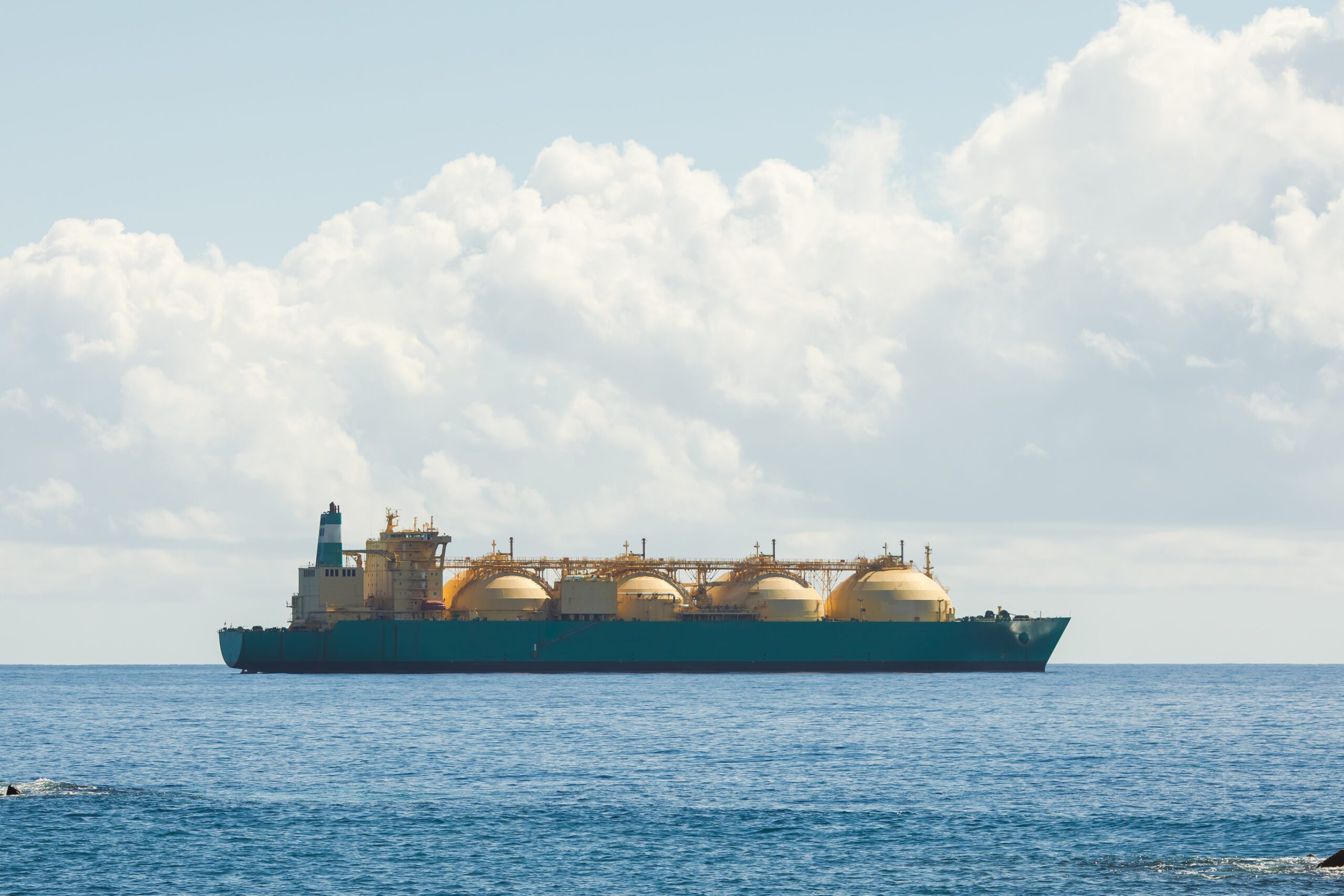Japan’s declining gas demand will leave utilities with persistent LNG oversupply through 2030, according to a new report from the Institute for Energy Economics and Financial Analysis (IEEFA).
“As domestic gas demand declines, Japanese importers will have to find new customers abroad,” says the IEEFA report.
Based on figures from the Japan Oil, Gas and Metals National Corporation (JOGMEC), LNG sales by Japanese companies to third countries surged from 14.97 million tonnes (mt) in FY2018 to over 38 mt in FY2021. Although domestic sales have declined, the total volume of LNG transacted by Japanese companies increased over the same timeframe.
“Japan’s domestic LNG demand is falling due to rising generation from nuclear and renewables, long-term energy and climate targets, and demographic shifts,” is mentioned in the report.
Meanwhile, the country’s incumbent utilities have lost significant market share since 2017 due to the introduction of retail competition in gas and power sectors.
Government climate and energy plans expect LNG-fired power generation to more than halve by 2030. As a result, IEEFA estimates that Japan’s LNG demand could fall between 25.7 and 31.6 mtpa — or roughly one-third of 2019 levels — if electricity generation targets are achieved. LNG imports have already fallen 22 mtpa since 2014.
“As domestic demand falls faster than LNG purchase commitments, Japanese utilities will face an important choice,” says report co-author Christopher Doleman, an IEEFA LNG specialist. “Either they can resell flexible cargoes abroad or exercise contractual volume flexibilities and cancellation rights, which may incur additional costs.”
Japan’s Ministry of Economy, Trade and Industry (METI) has set a target for companies to transact 100 mtpa of LNG by 2030. “This is well above the 79 mtpa that buyers have currently contracted, but in line with recent transaction volumes,” highlights the report.
“The importance of Japan’s shift into LNG resales and marketing should not be underestimated,” says Sam Reynolds, the report’s co-author and LNG research lead at IEEFA. “Rather than absorbing more volumes from the global market, Japanese companies may increasingly find themselves in direct competition with global suppliers for potential customers in emerging markets.”
Source: Institute for Energy Economics and Financial Analysis (IEEFA).



